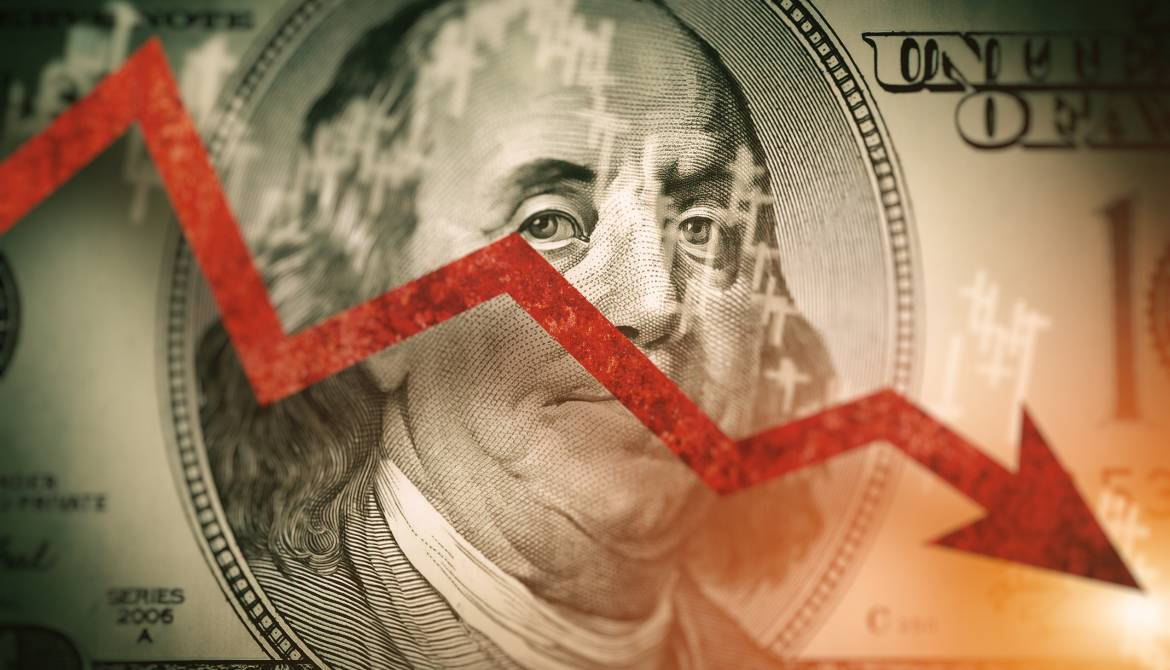3 minutes
Still, a base-case expectation for the economy is a recession of meaningful length and depth that starts in early 2023.
The battle against stubbornly high inflation rages on as central banks around the world raise interest rates and shrink their ballooned balance sheets. A recession of some sort in 2023 is becoming a consensus expectation as financial conditions progressively tighten. In recent commentaries, we wrote about our belief that most analysts were asking the wrong question about the economy. Specifically, most of them asked what sort of recession should be expected given current conditions. Low unemployment rates and strong household balance sheets led many to believe a recession, should one occur at all, would be a relatively short and mild one. To us, a better question was what kind of recession is required to beat inflation.
A string of hotter-than-expected inflation reports has increased the probability that financial conditions will have to tighten enough to tip the economy into a recession of meaningful depth and length. Central banks, including the U.S. Federal Reserve, understand that hot inflation rates are much bigger societal problems than recessions. Indeed, inflation wears away at the fabric of a nation, which is a reason emerging markets with ever-rising consumer prices are often epicenters of social unrest. Recessions, on the other hand, mostly impact the newly unemployed who usually comprise a single-digit percent of the total workforce. Because of this, the Fed and its peers will be singularly focused on killing inflation, even if a recession is triggered by the process.
The global economy and financial system can easily digest increases in interest rates that occur at a steady, moderate pace. Conversely, systemwide financial accidents can occur when interest rates spike, as they have since the beginning of the year. Financial analysts are now turning over every rock on the economic landscape, hoping that nothing scary crawls out. Their surveillance is far and wide because financial accidents often occur in the least obvious places. Who would have thought the lowly residential mortgage would become a systemic threat in 2008? In our view, the most likely source of a financial accident this time would be the incredibly strong U.S. dollar. Inflation is being exported from our shores due to our currency’s strength. Emerging market economies, in particular, are getting pounded by inflation attributable to exchange rates, and that can’t go on forever. Whether imbalances in currency markets end quietly or via a financial accident is yet to be determined. Either way, the situation bears watching.
Given all of this, our base-case expectation for the economy is still a recession of meaningful length and depth that starts in early 2023. There are alternatives to our base case that include a pivot by the Fed away from its current tightening cycle. Make no mistake, the Fed will pivot eventually because it can’t stay on its current path forever. Why they pivot will matter a lot. If the Fed reverses course because inflation falls to acceptable levels, that would be very good news for beleaguered investors. If they pivot in response to a financial accident, a deep recession and further market declines would likely follow. A soft landing for the economy with no recession and a quick reduction in inflation is still possible. But we can’t wrap our minds around that scenario after financial conditions have already tightened so dramatically.
Headlines will likely shift from inflation to recession, meaning from one extreme to another. The good news for investors is financial markets are discounting mechanisms that often anticipate positive and negative change before it occurs. In that regard, deeply negative returns seen in the rear-view mirror probably mean a lot of ugliness is already baked in.
Scott D. Knapp, CFA, is chief market strategist with CUESolutions provider CUNA Mutual Group. Knapp is responsible for investment philosophy development and program implementation for CUNA Mutual Group’s institutional retirement programs. He regularly speaks at economic and investment forums across the country.





